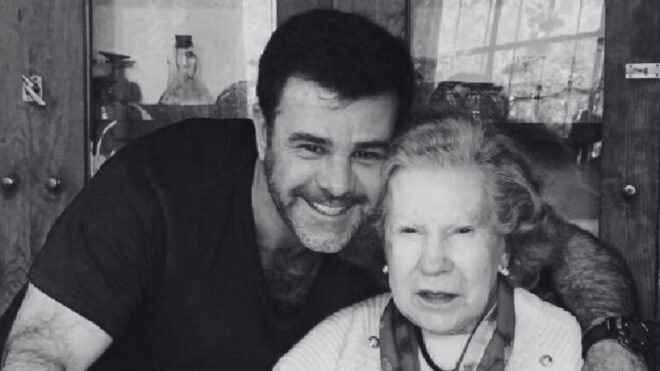It took me a very long time to accept that my son had special needs. From time to time, the thought would creep into my brain, but I had became an expert in ignoring it. It was stupid, at best. When a child has any issues, time is of the essence. He would have benefited a lot from an early intervention.
Unless the problem is very obvious, it's easy to ignore the signs that your kid may need special education or resources. This are some of the signs –according to the American Academy of Pediatrics — you should NEVER ignore.
Read More ¿Qué más?: 5 Things every school MUST do for kids with special needs
If you observe some of these behaviors consistently, you should take your child to be evaluated by a professional. A good first step is to talk to the pediatrician.
1. By six months, avoids being held, talked to, or resists being soothed or comforted.
2. Does not pay attention or stay focused on an activity for as long as other children the same age.
3. Avoids or rarely makes eye contact with others.
4. Gets unusually frustrated when trying to do simple tasks that most children
of the same age can do.
5. Often acts out or appears to be very stubborn or aggressive.
6. Acts extremely shy or withdrawn.
7. Does not like being touched.
8. Does not like having certain types of material or clothing next to body.
__9.__Treats other children, animals or objects cruelly or destructively.
10. Tends to break things a lot.
11.Displays violent behavior, such as tantrums, fighting, or hitting other children on a daily basis.
12. Stares into space, rocks body, or talks to self more often than other children of the same age.
13.Often bangs head against an object, floor or wall
14. Does not recognize dangerous situations, such as walking in traffic or jumping from high places.
15.Tends to be sick often, or complains of headaches or stomachaches.
16. Has problems, sleeping, eating, or toileting.
17. Is overly impulsive, active, or easily distracted.
18. Does not respond to discipline as well as other children of the same age.
19. Has difficulty putting thoughts, actions, and movements together.
20. Does not seek approval from parent or caregiver.
Imagen vía Thinkstock




